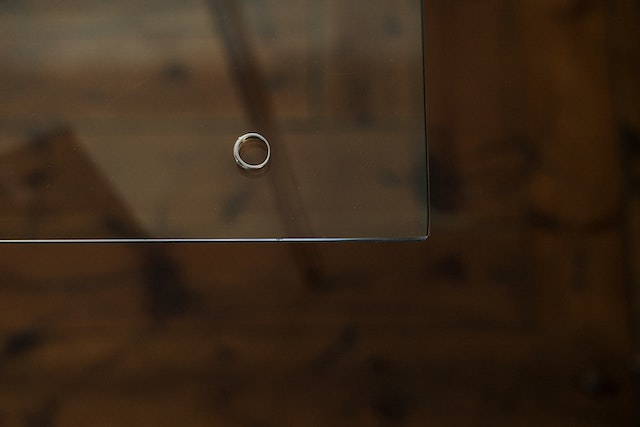Do you have to split everything in a divorce?
You don't necessarily have to split everything when you divorce or dissolve a civil partnership, although the ideal situation is usually to try and achieve a 50/50 split of all matrimonial assets depending on the individual circumstances.
What are matrimonial assets?
Matrimonial assets are those that were acquired or earned by either party while married. Normally, the two largest matrimonial assets are the family home and either party's pension. Other matrimonial assets that must be disclosed include:
- vehicles
- other properties
- stocks and investments
- savings accounts
- businesses
Anything that was purchased using non-matrimonial funds or owned before marriage is considered non-matrimonial. Usually, non-matrimonial assets are not included in a divorce settlement unless the matrimonial assets do not add up to a sufficient settlement or they were brought into and used during the marriage.
How are assets split?
How assets are split depends on individual circumstances as every case is different. The income and financial needs of each party, as well as the family's standard of living during the marriage, are taken into account.
One spouse is not entitled to half of the other's income even when an equal division of the assets and pensions are considered appropriate upon divorce.
Spousal maintenance is normally calculated on a needs basis and not on a sharing basis. For instance, if either party has a high earning potential, this will be taken into consideration during the settlement.
In addition to this, the financial responsibilities that each party has or will have in the future will have to continue and be part of the settlement. Courts expect each party to be self-reliant as far as possible with their income. If this is not possible due to healthcare, childcare, or other financial responsibilities and it is likely to limit their earning capacity, there will be court intervention by way of splitting assets, settlement, and /or maintenance payments.
If either party was subject to domestic abuse with long-term lasting effects, the courts would usually have to take this into account too. Other contributions made to the marriage which are non-financial such as caring for children and running the household will also be considered.

Can I hide assets during a divorce?
It is important to realise that any attempt to hide or dispose of money and assets during a divorce are likely to be penalised by the court and could result in you losing credibility with the judge, a fine, or even criminal charges.
Will adultery make any difference to the settlement?
Although the innocent party would expect a larger financial settlement, this is not the case as courts normally do not take adultery into consideration.
How can GloverPriest help?
If the divorce settlement results in going to court, it ends up making the whole process expensive for both parties. This is why it is important to get sound legal advice and representation from a family law solicitor who will normally emphasise mediation or collaborative divorce over litigation.
Our team of specialised family law solicitors is here to provide you with support and advice on your divorce.